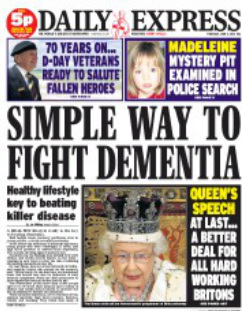But days like today show that for all their similarities they are worlds apart. Whatever you think of the Mail's journalism, it is supremely professionally executed. The fundamental awareness of what is important is ingrained.
Our whole legal system is built upon the principle that justice must not only be done but that it must be seen to be done. Secret courts are the tools of despots and dictators.
Even the surreal events in the Cairo courtroom where three Al-Jazeera journalists and their colleagues are appearing today are open to public scrutiny. The prosecution and the proceedings may seem farcical, but we can see what's happening. Journalists are taking photographs, filming videos and tweeting constantly. They even talk to the defendants during recesses.
Here in Britain, two people accused of serious terrorist offences will go on trial the week after next. The case will be heard by a jury, but no reporters or members of the public will be allowed into the hearings. Nor will they be able to report the outcome.
Indeed, until yesterday the media were forbidden even to report the hearing of their appeal against the secrecy order. Without the lifting of that gagging order, we would not know that the trial was to take place at all.

For the Express, the latest advice on avoiding dementia is more important, coupled with a photograph of the Queen (fair enough) and a headline about "hard-working Britons" that sounds like a party political broadcast (not fair enough).
The secret trial makes 150 words on page 2, with a crosshead that says "significant" - which SubScribe would love to think was put in by
a sub as a rebuke to those who gave it so little space.
The Independent also seems to have tripped up in its news judgment today: the story appears on page 20, the last home news page. The poisoned babies don't fare much better - they are on 19.
This ruling really matters and it should have been given prominence everywhere. The argument here is not the media's right to report the proceedings, it is the public's right - duty, even - to witness.
It is perfectly possible to impose restrictions on which elements of the trial are reported. For all that the Press is branded irresponsible, uncontrolled, intrusive and accused of general scumbaggery, it obeys court orders.
If national security requires that only the verdict and any sentence are reported at the end, then so be it. If editors and those attending have to sign confidentiality contracts, then so be it.
There are mechanisms that can be employed. But conducting entire trials in camera is not democratic and every newspaper should be shouting it from the rooftops.




 RSS Feed
RSS Feed


